Top 10, The most famous bank robbers in the USA
Categories: North America | Society | World
By Pictolic https://pictolic.com/article/top-10-the-most-famous-bank-robbers-in-the-usa.htmlAccording to the FBI, bank robberies by female robbers have increased in recent years. And what forces a woman to rob a bank? Law enforcement agencies claim that in most cases this is a simple lack of money, and not greed or a thirst for adventure. But, as you will see later, this is not always the case. However, in all cases, bank robbery is a criminal offense punishable in the United States by up to 26 years in prison, and the FBI is usually able to arrest three out of four robbers.

In this article, we will tell you about the ten most famous female bank robbers in the United States. We present 10 women who, at different times, turned on law enforcement agencies and banks.
Perhaps the most famous bank robber of all time is Bonnie Parker, who was Clyde Barrow's partner.
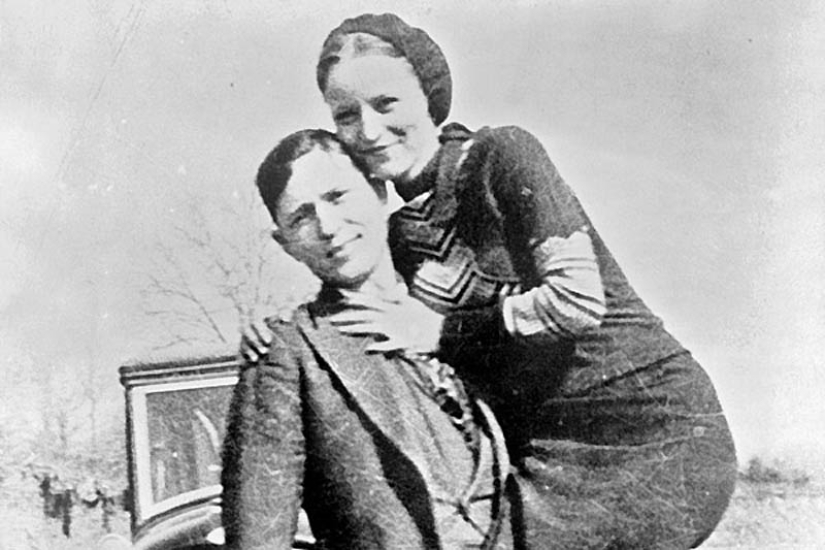
After the sweet couple spent years on the run for murder while robbing stores, gas stations, and small banks along the way, Bonnie and Clyde were ambushed and killed on a Louisiana back road on May 23, 1934. Texas Rangers and police officers waited for their car on the side of the road and then riddled it with 167 bullets. When Bonnie was found, she was holding a submachine gun, a sandwich and a pack of cigarettes. Clyde, unrecognizable from his wounds, was holding a revolver.
The couple's bodies were publicly displayed in Dallas before being buried in the family cemetery. In total, Bonnie and Clyde were responsible for the murder of 9 police officers and countless civilians.
After a long string of bank robberies in Columbus, Ohio, 46-year-old Sylvette Phyllis Gilbert was caught in 2010. Law enforcement gave her the nickname "Church Robber": after one of her first robberies, a witness said she looked like a woman who regularly went to church.
On January 5, 2011, she was charged with 12 second-degree felonies and 12 third-degree robberies, including a large number of banks and businesses between January 2006 and December 2010. Gilbert was arrested on December 23, 2010 and was sentenced to 51 years in prison.
Heather Johnston and Ashley Miller were dubbed the "Barbie Bandits" by the media after they robbed a Bank of America branch in Acworth, Georgia, in February 2007.
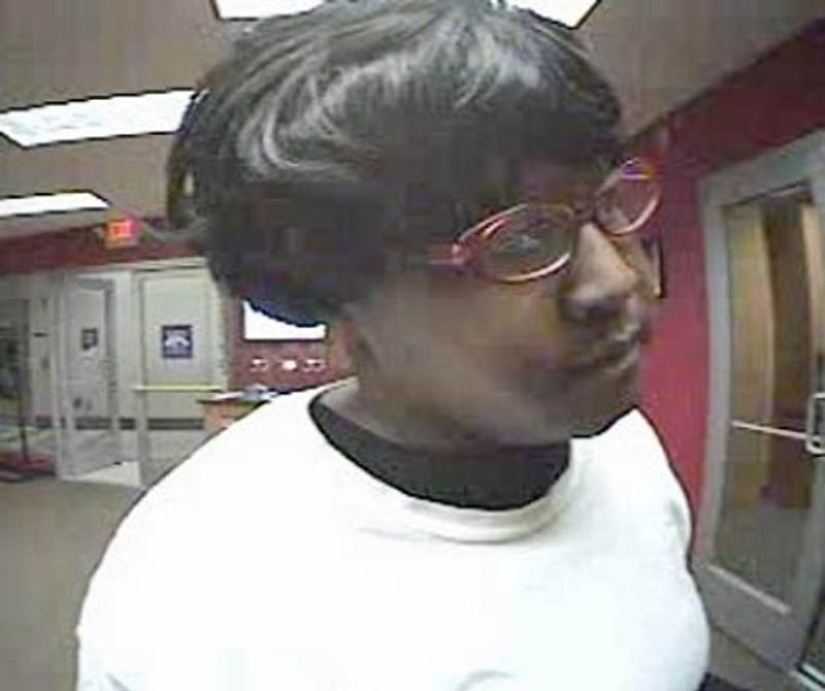
The girls who robbed the bank in designer jeans and sunglasses were 18 years old at the time of the robbery, and reporters couldn't help but joke about their age. Journalists wrote:
The girls met while working at a strip club and planned the robbery with Heather Johnston's boyfriend, Michael Chastang, and a bank employee. Miller was sentenced to 2 years in prison, and Johnston received 10 years of probation due to the fact that she was the first to agree to cooperate with law enforcement agencies.
In August 1897, 27-year-old Cora Hubbard was arrested for robbing the McDonald County Bank in Pineville, Missouri. She amazed everyone around her with her complete lack of remorse. In Joplin, Cora told the Daily Herald that during the robbery she was “not afraid of a damn thing” and only regretted that she and her accomplices had not robbed “the whole damn town.”

Hubbard and her accomplices had planned their robbery a month earlier at a farm in Oklahoma. Cora, with short hair and wearing men's clothing, held the horses while her accomplices robbed the bank.
They escaped, but a couple of days later and after several shootouts, authorities caught up with them at Hubbard's father's house. During a search of the house, money and a Colt .45 caliber revolver with the inscription "Bob Dalton" on the handle were found, which, at first glance, confirms Hubbard's claims of ties to the famous Dalton gang.
Marjorie Diehl-Armstrong received a life sentence in 2011 and died in prison in 2017, where she was imprisoned for participating in an extravagant bank robbery. One of the criminals then died because of a bomb that his accomplices forcibly put on his neck.
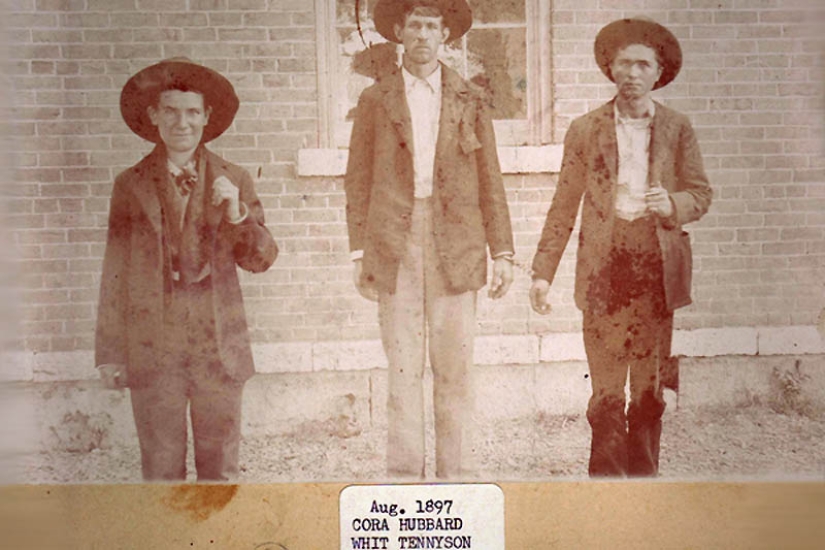
The PNC Bank robbery in Erie occurred on August 28, 2003. Four people took part in its preparation, among whom was Marjorie. Brian Wells, who had previously had a bomb placed around his neck, was sent directly to the bank to collect the money. Arriving at the bank, Wells handed the bank employee a ransom note. If he refused, he threatened to blow himself up. The robber left the bank with only 8.7 thousand dollars. Later, when the police blocked him in the parking lot, his accomplices detonated an explosive device over the radio. As a result, Wells died on the spot.
According to investigators, one of the accomplices, Marjorie Diehl-Armstrong, needed money to kill her father. The woman mistakenly believed that he was rich and wanted to receive the inheritance. It also turned out that Diehl-Armstrong had killed people before. The woman dealt with several boyfriends, blaming it on self-defense. And the judge took her side every time. Only those close to Diehl-Armstrong knew that the accused was very smart and, most likely, deliberately committed the crime.
Kate "Mother" Clark Barker was the mother of four sons who led the famous Barker Gang. However, it is still unknown what role Mother Barker played in the gang, and whether she was in the gang at all. The group was led by Alvin Karpis and Freddie Barker. Karpis later wrote that Mother was not in a gang.
Erica F. Anderson was likely trying to do too many things one day in September 2010 when she was arrested for robbing a Umpqua Bank branch in Grant Pass, Oregon.

Did she go to rob a bank and then remember the kids, or did she meet some kids from school and decide she could rob a bank on the way?
In any case, it would be better if she didn't do any of this. A witness to the robbery was able to describe Anderson and her car. She and her 19-year-old accomplice, Joshua Dieter Tsu, were arrested on charges of robbery and theft at Anderson's home.
Student Candace Martinez was just 20 years old when she was sentenced to 12 years in prison in March 2006 for robbing a Wachovia Bank branch in suburban Washington. Seven years in that sentence for threatening her with a revolver during one of the robberies.
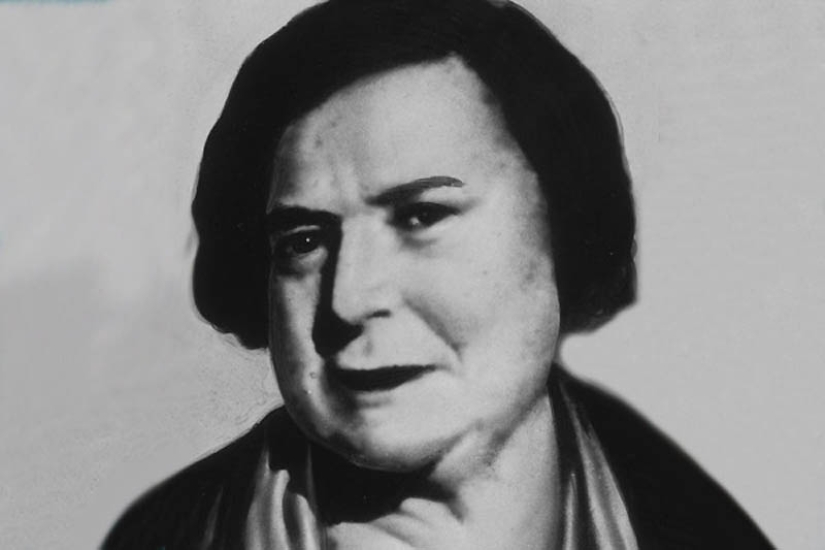
The woman was dubbed the "Phone Robber" because she was on the phone with her boyfriend during the robbery, which netted the couple $48,620. When the verdict was announced, Candace, who previously worked in one of the banks of the American financial network Wachovia, apologized to the bank tellers. “My life is now ruined,” she said.
Martinez's boyfriend also received a 12-year sentence for helping plan the robbery.

Beauty salon owner Norma Balderas-Dehernandez began robbing banks in New Jersey in January 2009. By May of the same year, the mother of three had already robbed three branches for just over $8,000. At each robbery, she passed a note demanding money in Spanish to a Spanish-speaking teller. Her robberies ended in August when one bank told her they didn't have anyone who spoke Spanish. One of the tellers recognized her from the FBI report and called the police. The robber was found at a nearby bank branch with two notes in Spanish, one demanding $10,000 and the other $5,000. She was sentenced to 30 months in federal prison.
Her robberies ended in August when one bank told her they didn't have anyone who spoke Spanish. One of the tellers recognized her from the FBI report and called the police. The robber was found at a nearby bank branch with two notes in Spanish, one demanding $10,000 and the other $5,000. She was sentenced to 30 months in federal prison.
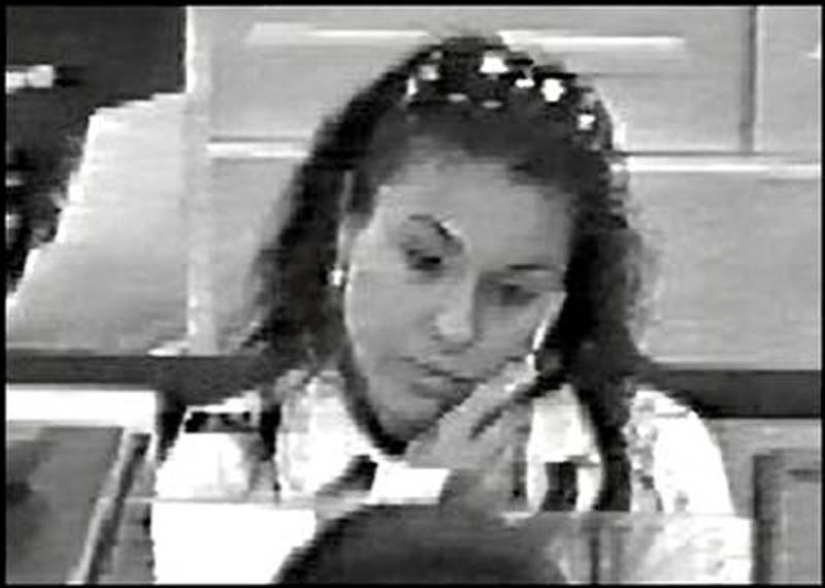
Patricia Campbell Hearst Shaw, the granddaughter of publishing magnate William Randolph Hearst, made headlines in 1974 when the terrorist organization Symbionese Liberation Army kidnapped her from her apartment in Berkeley, California. Two months later, Patricia, apparently siding with her captors and brandishing an assault rifle, was caught on security cameras attempting a bank robbery in San Francisco.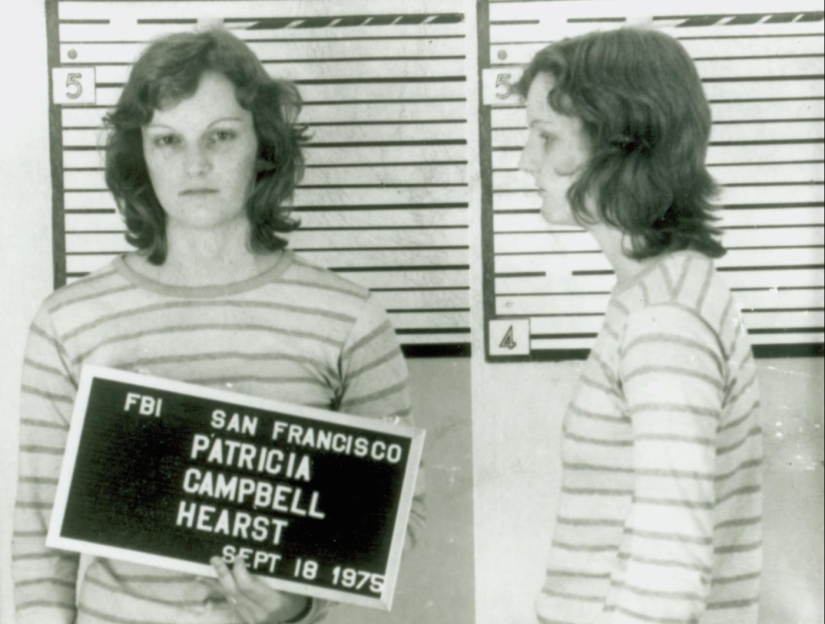 At trial, her lawyer tried to prove that the girl was brainwashed, but he failed, and Patty was convicted in March 1976. She served almost 2 years before President Jimmy Carter commuted her sentence, and on the last day of his presidency, President Bill Clinton granted her freedom.
At trial, her lawyer tried to prove that the girl was brainwashed, but he failed, and Patty was convicted in March 1976. She served almost 2 years before President Jimmy Carter commuted her sentence, and on the last day of his presidency, President Bill Clinton granted her freedom.
Recent articles

Leonardo da Vinci was accused of being fond of orgies. William the Conqueror, despite all his successes, was called a "Bastard" ...

Modesty? Decency? A sense of tact? No, you haven't heard! Just look at what the people from the selection below are doing! No ...

American documentary photographer Bruce Davidson came to the UK in 1960 for a couple of months on the assignment of Queen magazine. ...